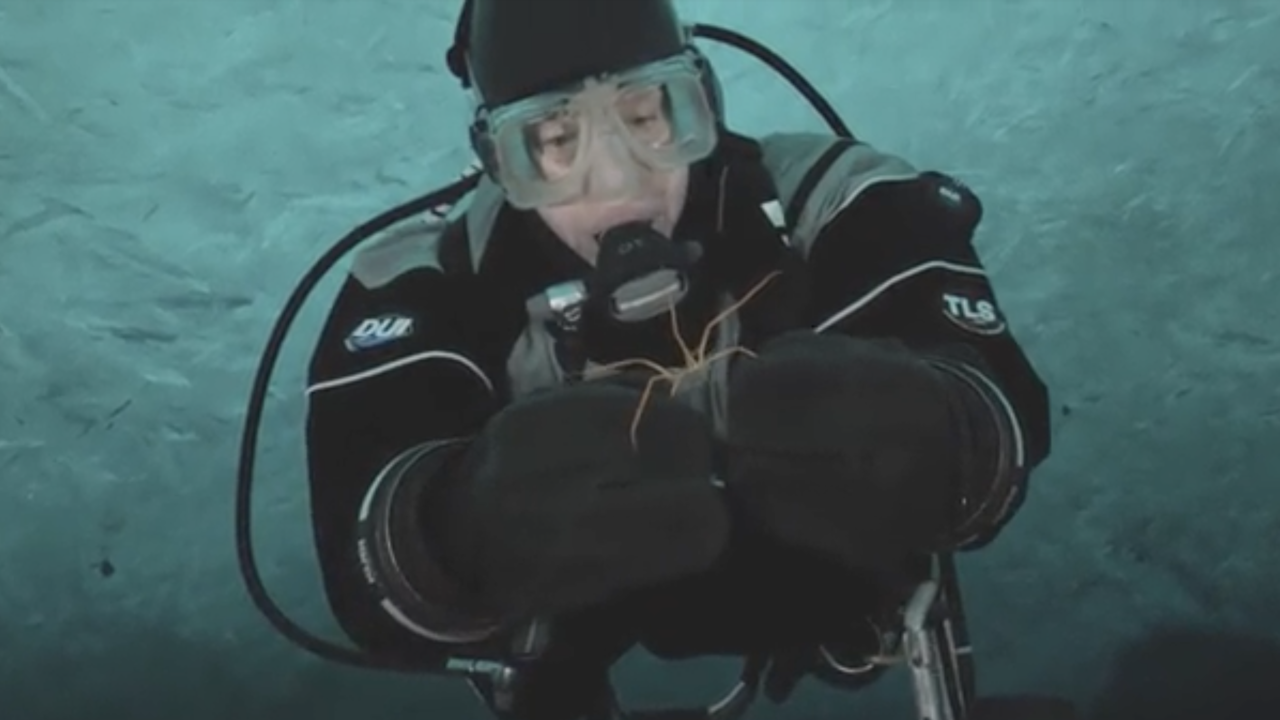UH Manoa's research reveals ancient Antarctic sea spider's parenting secrets
Pioneering research by professor Amy Moran at UH Mānoa sheds light on the elusive life cycle of Antarctic giant sea spiders

Researchers from the University of Hawaii at Manoa have unveiled the long-hidden reproductive habits of giant sea spiders in Antarctica, resolving a mystery that has intrigued scientists for over 140 years.
This pivotal research was published in Ecology on Feb. 11, providing fresh insights into the behaviors of these enigmatic creatures, significantly enhancing our understanding of marine life and ecosystems in one of the world's most isolated regions
Giant sea spiders or pycnogonids are marine arthropods notable for their 'polar gigantism.'
Some species in Antarctica have leg spans exceeding a foot. Until this breakthrough, the reproductive strategies of these colossal Antarctic species had remained elusive despite extensive historical research.
The research team, led by Professor Amy Moran from the UH Manoa School of Life Sciences and including PhD students Aaron Toh and Graham Lobert, conducted in-depth fieldwork in Antarctica.
They observed two mating groups of sea spiders laying thousands of eggs. Uniquely, in the Antarctic species, one parent – presumably the father – was seen safeguarding the eggs for several months until they developed into tiny larvae.
"In most sea spider species, the male parent is responsible for carrying the offspring while they develop," professor Moran stated.
"However, what's peculiar is that, despite over 140 years of research and descriptions, no one had ever witnessed giant Antarctic sea spiders nurturing their young or had any knowledge about their developmental process."
This discovery, revealing the male sea spiders' role as protective parents, represents a significant advance in our comprehension of the life cycle of these mysterious creatures. Lloyd Peck, a renowned Antarctic biologist from the British Antarctic Survey, praised the study for its vital contribution to the broader understanding of polar marine biology.
Source: Newsroom







